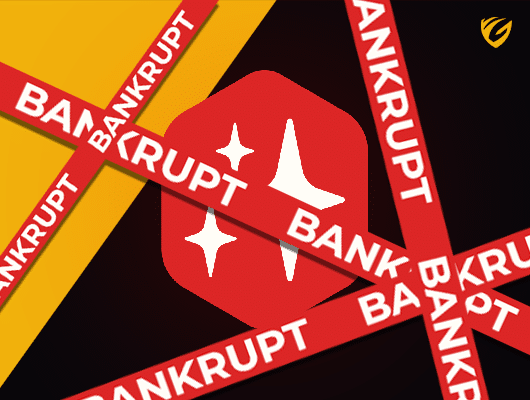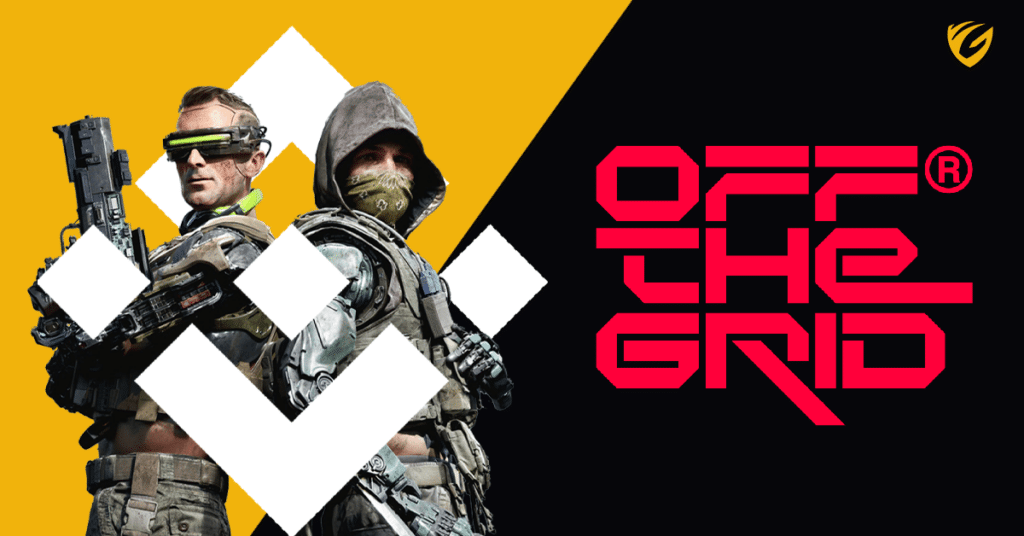South Korean Retail Giants Exit NFT Market
In a significant turn of events, several prominent South Korean retailers, including Lotte and Hyundai, are closing their non-fungible token (NFT) operations. This shift marks a major setback for the NFT sector in the country.

Lotte Home Shopping Ends NFT Platform
Lotte Home Shopping, the e-commerce branch of the retail giant Lotte, has announced the closure of its NFT trading platform, NFT Shop, effective July 2. The platform, launched in May 2022, was part of Lotte’s strategy to build a metaverse platform. Unique among NFT platforms, it used the South Korean won (KRW) as its transaction currency to make it accessible to non-crypto users. The platform featured NFTs of Lotte’s corporate character Bellygom and partnered with Daehong Communications, a Lotte Group-owned crypto startup, to release these NFTs on the Polygon (MATIC) blockchain.
Lotte Home Shopping expanded its NFT partnerships, developing tie-ins with its virtual influencer Lucy and the 2022 horror movie “The Witch: Part 2. The Other One.” The company had also planned to enable secondary NFT sales on OpenSea, the world’s largest NFT trading platform. Despite these efforts, the company has decided to withdraw entirely from the NFT sector, handing over all remaining NFT business interests to Daehong.
Hyundai Department Store Also Exits
Following Lotte’s decision, Hyundai Department Store has also chosen to leave the NFT market. Hyundai launched its NFT wallet services, H.NFT, in 2022, providing customers with discounts and free gifts through its platform. However, it has now decided to discontinue these services.
Another retail giant, Shinsegae, has significantly reduced its NFT offerings. The company has not completely exited the market but has scaled back its NFT-related activities. An industry insider remarked that companies are now choosing to focus on their core business areas instead of exploring NFTs.
A Shift in Strategy
The retreat of these major retailers from the NFT market reflects a broader trend of companies reevaluating their strategies and focusing on their primary business operations. While NFTs gained significant attention and investment, these moves indicate a reassessment of their long-term viability and profitability in the retail sector.



